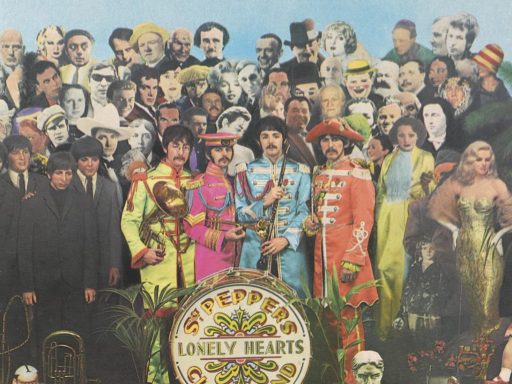
To celebrate 51 years since Sgt Pepper’s Lonely Hearts Club Band was first released, we look at five ways The Beatles influenced the world of science.

To celebrate 51 years since Sgt Pepper’s Lonely Hearts Club Band was first released, we look at five ways The Beatles influenced the world of science.
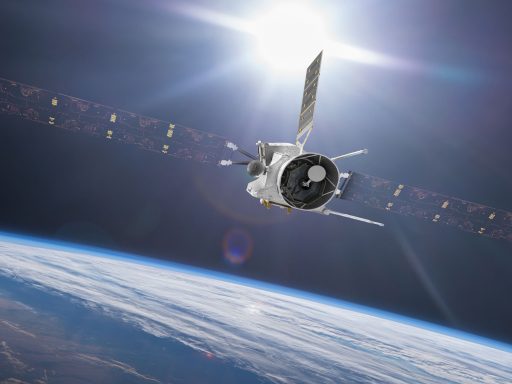
A new spacecraft has landed at the Science Museum: the Structural Thermal Model of BepiColombo, developed to test the strength of the spacecraft when on its mission to Mercury. Here are some interesting facts you might not know about this challenging mission…
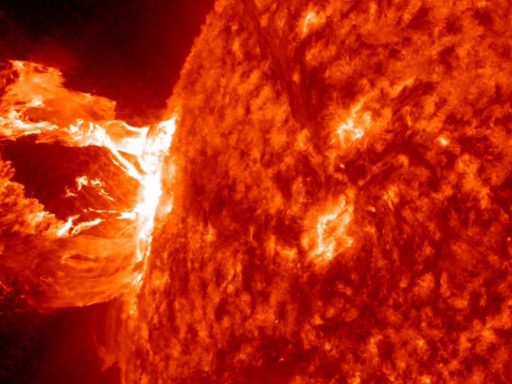
Space weather could wreak havoc on Earth, yet few of us are taking the threat seriously.
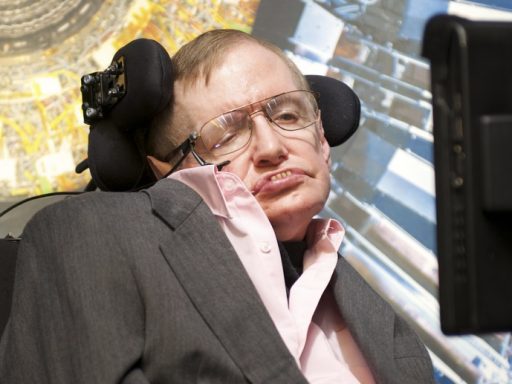
Stephen Hawking, the best known scientist on planet Earth will be mourned for his remarkable impact, not just on the field of cosmology but as a hugely successful science writer and a beacon of inspiration for how the limitations of the body can be overcome by the power of the mind.
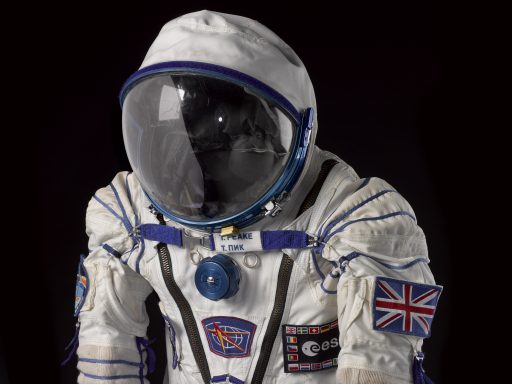
This is the Sokol KV-2 emergency spacesuit worn by British ESA Astronaut Tim Peake as he traveled into space.
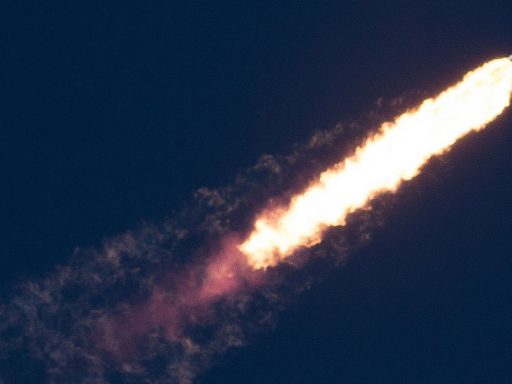
Curator Doug Millard explores why the launch of SpaceX’s Falcon Heavy rocket was so significant for space exploration.
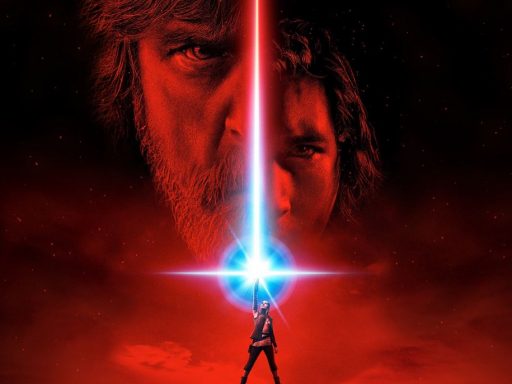
With Star Wars: The Last Jedi on our screens, we’ve been inspired to examine the science behind this epic space saga.

Sarah Gaunt celebrates innovations that have revolutionised the way we see and capture the world around us.
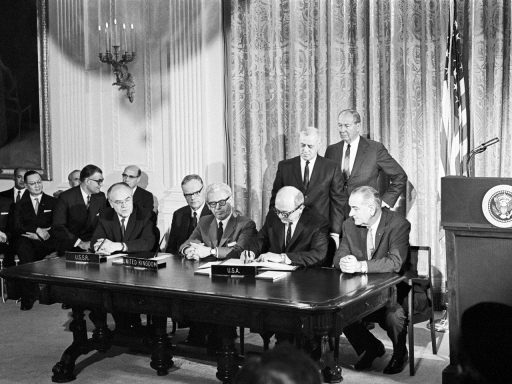
Simonetta Di Pippo, Director of UNOOSA, explains the history and importance of the Outer Space Treaty
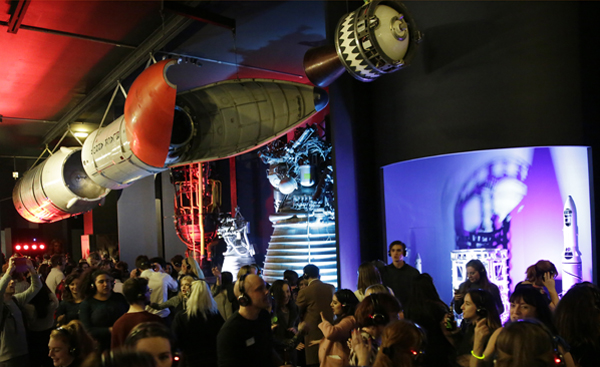
Science Museum Director of External Affairs Roger Highfield explores tonight’s Space themed Science Museum Lates, where the BBC will be launching a new live interactive show.
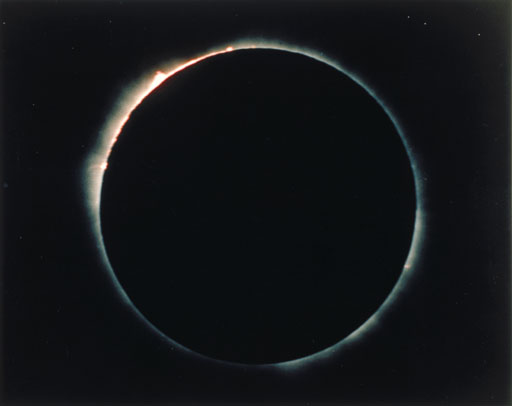
On Monday 21 August 2017, a solar eclipse was visible across most of the United States for the first time in a century. To celebrate, curator Ali Boyle shared a short history of eclipses and a few favourite objects from our collection.
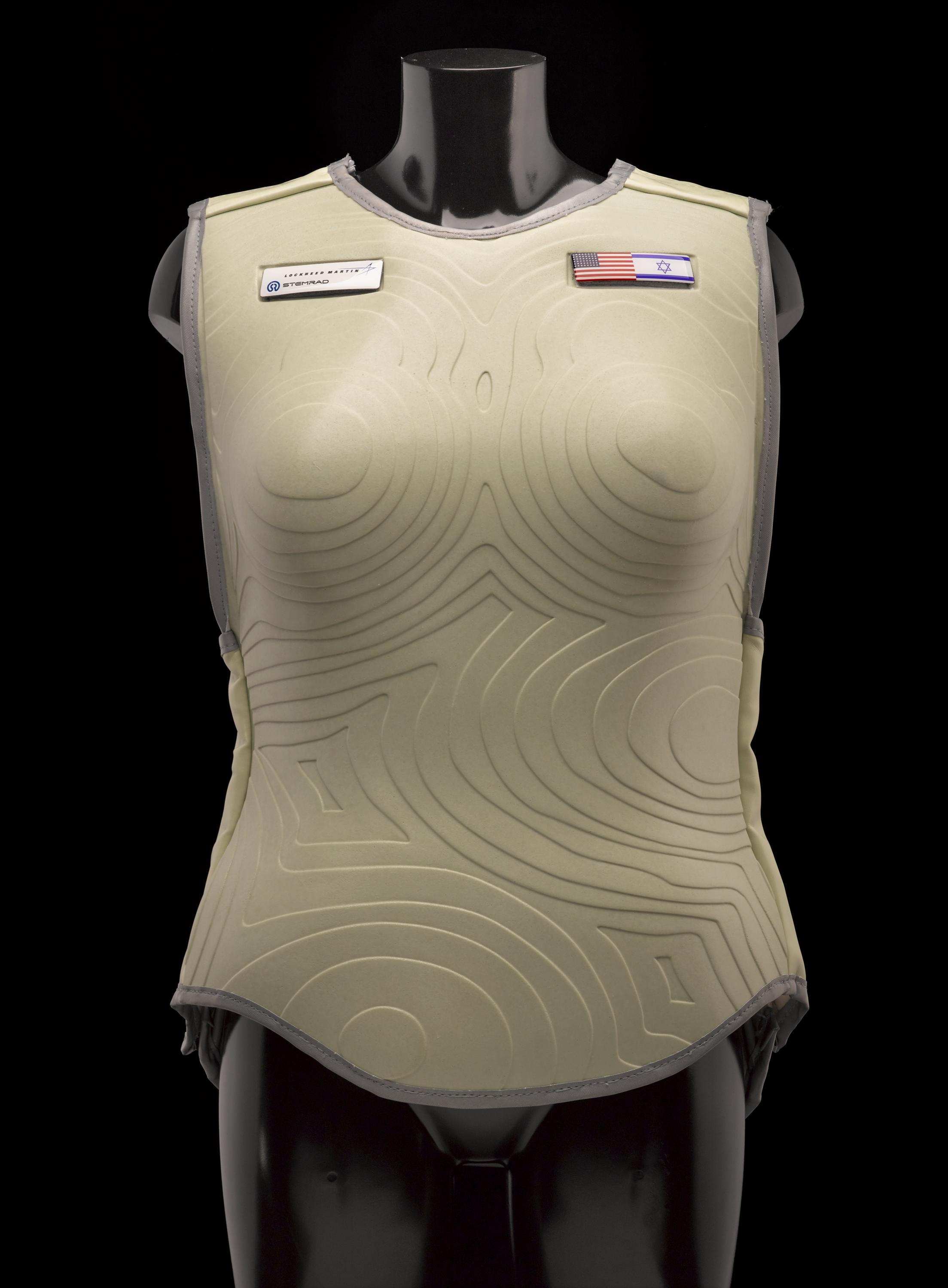
Discover the story behind one of the latest developments in space exploration: the AstroRad Radiation Shield.